One of biggest information technology companies in the world recently announced it is banning its employees from communicating internally via e-mail. This is a rather ominous sign of what we believe is the fate of email as more and more companies adopt social technologies in the enterprise and embed these systems into their business practices. I’m not saying this will happen next year, or even that email is dead- after all, a few of those pesky fax machines are still around and burning the proverbial midnight oil. Same with the post office, though I hear snail mail volume is not what it used to be. A few thoughts on this move; First and foremost, this is a rather drastic step akin to quitting smoking cold-turkey that is not right for every business or every culture. What this is however is a sign of things to come as social technologies mature and gain acceptance as business tools rather than distractions to productivity in the workplace. Like every new technology, there was a period of cautious observation as early adopter organizations rushed in and began utilizing social tools for more than just marketing. Then leading human resources leaders began to realize the potential of social technologies for recruiting top talent. Now, in collaboration with leaders in the IT field, social technologies are creeping into many more parts of the enterprise- from CRM and internal communications, to risk management.
Secondly, notice how this step is being led directly by the CEO of the organization Thierry Breton. The CEO you say? Has he gone off the deep end? I haven’t met Mr. Breton, but I can tell you he is blazing a trail for many, and your company may soon be following in his lead. Driven by thought leaders deep inside organizations such as Luis Suarez at IBM, and a younger Generation Y who is entering the workforce with a bit of disdain for e-mail technology- the writing is on the wall for how companies will structure their internal communications in a social world. No longer will email be allowed to burden our processing capacity with so many messages we simply do not need.
Finally, the benefits of going social for internal communications go beyond simply financial and far outweigh the cost of maintaining aging e-mail systems. Of special note to leaders in the Human Resources profession is Mr. Breton’s internal analysis which found that on average, “only 15 out of every 100 internal e-mail messages were useful.” The e-mail deluge was directly costing the company between 15 and 20 hours a week in lost productivity. As a Human Resources professional, these figures should do more than simply alarm you; ask yourself, before your CEO does- How much productivity is your company losing to the deluge of e-mails that clutter internal communications every week?
Don’t go it alone either, collaborate with your IT leaders to calculate the number. It should be a data-driven analysis; one that I suspect will be the foundation of a business case for you following in Mr. Breton’s footsteps.
- Alex Santos
Alex is a co-founder and Managing Member of Collabor8 Learning, LLC, an instructional design and performance management consultancy. His firm collaborates with organizations to enhance the way they develop and train their people. To learn more about Collabor8 Learning, click here.
Alex can be reached at 786-512-1069, alex@collabor8learning.com or via Twitter@collabor8alex.

